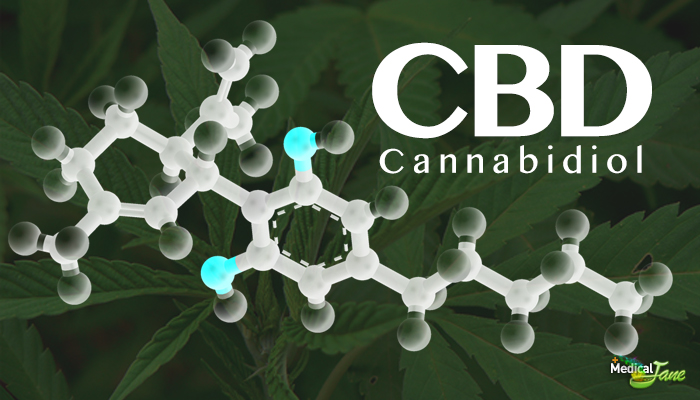
“Cannabinoids are a group of compounds found in the marijuana plant (Cannabis sativaL.). Marijuana has been used both for recreational and medicinal purposes for several centuries.
Cannabinoids have been shown to be effective in the treatment of nausea and vomiting associated with cancer chemotherapy, anorexia and cachexia seen in HIV/AIDS patients, as well as neuropathic pain, and spasticity in multiple sclerosis.
More recently, the anti-inflammatory properties of cannabinoids are drawing significant attention. In the last 15 years, studies with marijuana cannabinoids led to the discovery of cannabinoid receptors (CB1 and CB2) and their endogenous ligands, which make up what is known as the endocannabinoid system.
Cannabinoids are a group of compounds present in Cannabis plant (Cannabis sativa L.). They mediate their physiological and behavioral effects by activating specific cannabinoid receptors. With the recent discovery of the cannabinoid receptors (CB1 and CB2) and the endocannabinoid system, research in this field has expanded exponentially.
Cannabinoids have been shown to act as potent immunosuppressive and anti-inflammatory agents and have been shown to mediate beneficial effects in a wide range of immune-mediated diseases such as multiple sclerosis, diabetes, septic shock, rheumatoid arthritis, and allergic asthma.
Cannabinoid receptor 1 (CB1) is mainly expressed on the cells of the central nervous system as well as in the periphery. In contrast, cannabinoid receptor 2 (CB2) is predominantly expressed on immune cells. The precise mechanisms through which cannabinoids mediate immunosuppression is only now beginning to be understood…
In this review, we will focus on apoptotic mechanisms of immunosuppression mediated by cannabinoids on different immune cell populations and discuss how activation of CB2 provides a novel therapeutic modality against inflammatory and autoimmune diseases as well as malignancies of the immune system, without exerting the untoward psychotropic effects…
…cannabinoids do induce apoptosis in immune cells, alleviating inflammatory responses and protecting the host from acute and chronic inflammation.
The cumulative effect of cannabinoids on all cell populations of the immune system can be beneficial, when there is a need for immune suppression.
For example, in patients with autoimmune diseases such as multiple sclerosis, arthritis and lupus, or in those with septic shock, where the disease is caused by activated immune cells, targeting the immune cells via CB2 agonists may trigger apoptosis and act as anti-inflammatory therapy.
CB2 select agonists are not psychoactive and because CB2 is expressed primarily in immune cells, use of CB2 agonists could provide a novel therapeutic modality against autoimmune and inflammatory diseases.
In addition to the use of exogenous cannabinoids, in vivo manipulation of endocannabinoids may also offer novel treatment opportunities against cancer and autoimmune diseases.”
http://www.ncbi.nlm.nih.gov/pmc/articles/PMC3005548/




